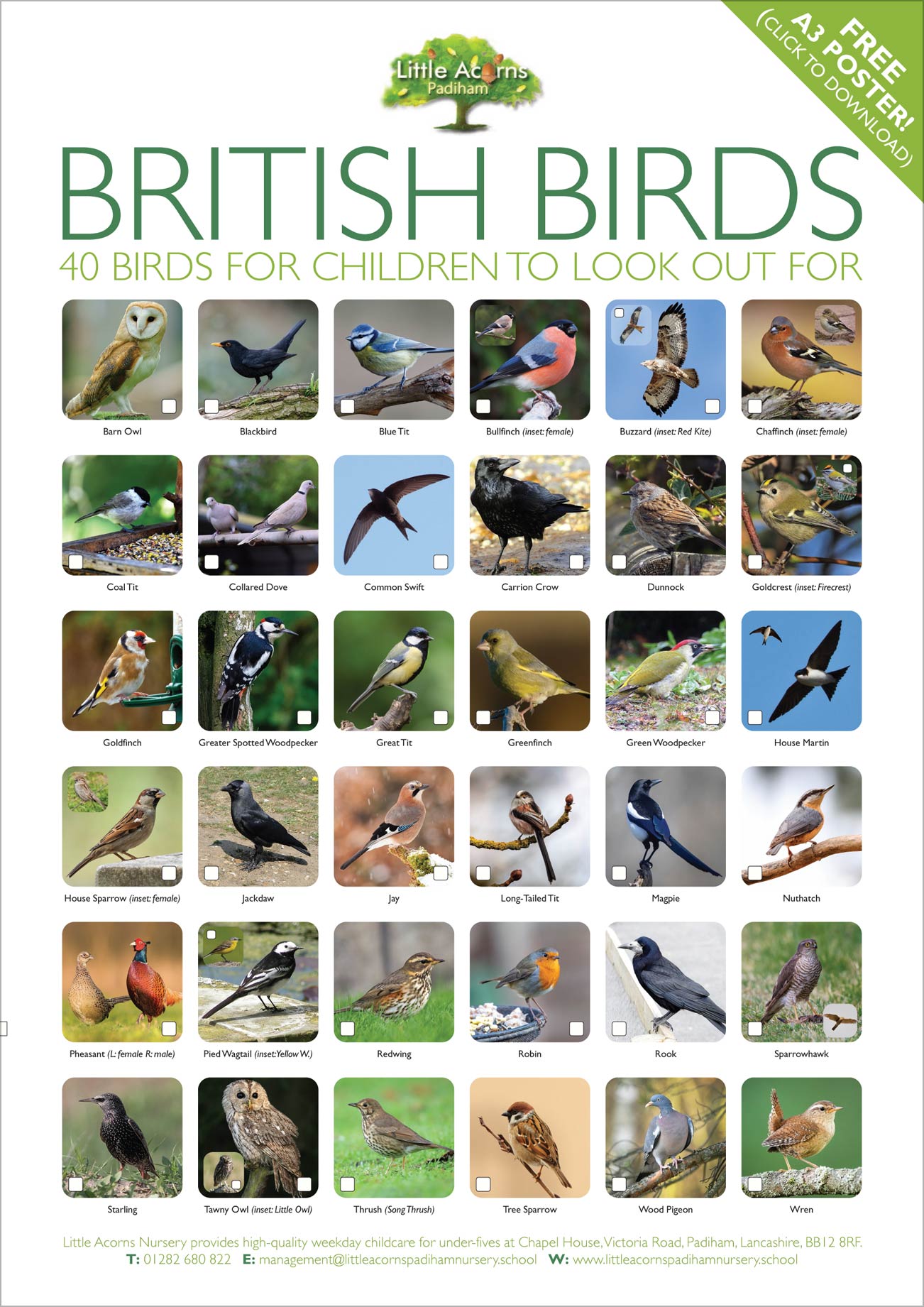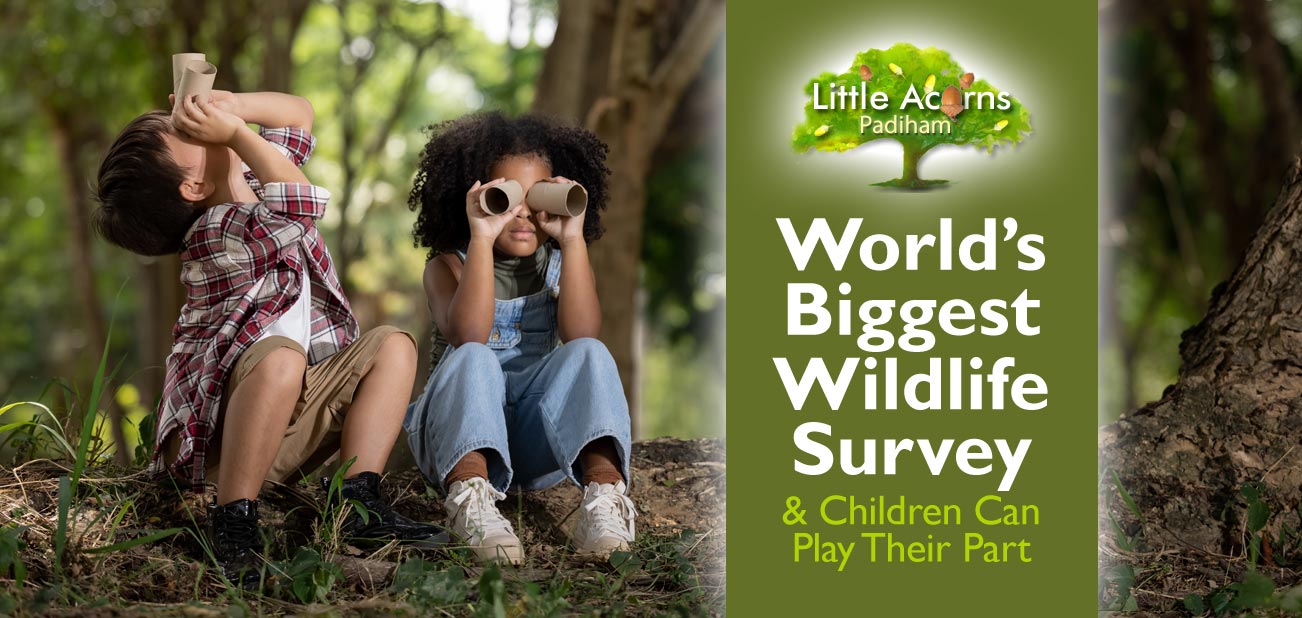
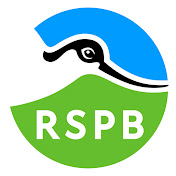 Children, adults, and whole families are gearing up to take part in the world’s biggest garden wildlife survey in early 2024. Organised by the RSPB (Royal Society for the Protection of Birds), the Big Garden Birdwatch requires just one hour of your time during late January 2024. It’s free, hugely worthwhile, and will benefit nature, conservation, and children themselves. So, why not set a date for your diary and take part? Today’s post explains how to enrol, what to do, and how it will benefit all parties involved.
Children, adults, and whole families are gearing up to take part in the world’s biggest garden wildlife survey in early 2024. Organised by the RSPB (Royal Society for the Protection of Birds), the Big Garden Birdwatch requires just one hour of your time during late January 2024. It’s free, hugely worthwhile, and will benefit nature, conservation, and children themselves. So, why not set a date for your diary and take part? Today’s post explains how to enrol, what to do, and how it will benefit all parties involved.
Why The Big Garden Birdwatch is So Important
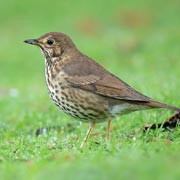 The Big Garden Birdwatch is designed to keep tabs on wild bird populations in the UK. It’s a survey that’s been undertaken across the UK every year since 1979 and allows the RSPB and conservationists to monitor whether any bird species are under threat. Sadly, survey findings in recent years have found this to be the case, with overall bird populations having declined by a staggering 38 million in the last 60 years. Song thrushes alone, for example, have declined by 80% and even the UK’s most populous bird species, House Sparrows, have declined by 57% since the survey began.
The Big Garden Birdwatch is designed to keep tabs on wild bird populations in the UK. It’s a survey that’s been undertaken across the UK every year since 1979 and allows the RSPB and conservationists to monitor whether any bird species are under threat. Sadly, survey findings in recent years have found this to be the case, with overall bird populations having declined by a staggering 38 million in the last 60 years. Song thrushes alone, for example, have declined by 80% and even the UK’s most populous bird species, House Sparrows, have declined by 57% since the survey began.
By continuing with the survey each year, insights will be gained as to whether populations are growing or shrinking over time. Only by watching such trends can conservationists decide what needs to be done to help reverse any decline and help birds thrive once again. Declines in bird populations may even be an indicator of wider problems within nature, for example, because of chemical use in crop farming or even inappropriate Government environmental policy. So, this is important and every one of us can easily play our part.
More Reasons for Families & Children to Take Part
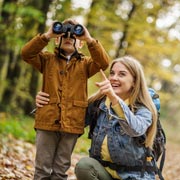 The Big Garden Birdwatch is also a great way to get children outdoors, close to nature, and to introduce them to the concept of nature conservation. By taking part, children can contribute to bird conservation as well as directly benefit in a number of ways themselves. For example, they can learn to identify different types of birds, educate themselves about these wild creatures and the natural environment, enjoy the fresh air while escaping from electronic screens, and enjoy all the many benefits that nature holds for children. Nature and the Great Outdoors are hugely beneficial to children, whether physically, spiritually, cognitively, educationally, or simply in terms of improving overall well-being. Nature benefits children in an incredible number of ways — follow the bold link for more details.
The Big Garden Birdwatch is also a great way to get children outdoors, close to nature, and to introduce them to the concept of nature conservation. By taking part, children can contribute to bird conservation as well as directly benefit in a number of ways themselves. For example, they can learn to identify different types of birds, educate themselves about these wild creatures and the natural environment, enjoy the fresh air while escaping from electronic screens, and enjoy all the many benefits that nature holds for children. Nature and the Great Outdoors are hugely beneficial to children, whether physically, spiritually, cognitively, educationally, or simply in terms of improving overall well-being. Nature benefits children in an incredible number of ways — follow the bold link for more details.
How to Enrol in the Big Garden Birdwatch 2024
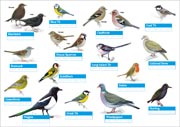 Enrolling your child or family into 2024’s Big Garden Birdwatch is easy and free. Simply register here and you’ll then be sent a free guide including visual reference of the birds you may see during your survey. Whether you receive a digital guide or a printed one will depend on your preferences selected when signing up. The guide will tell you/your child exactly what to do, but we also give you a brief flavour below.
Enrolling your child or family into 2024’s Big Garden Birdwatch is easy and free. Simply register here and you’ll then be sent a free guide including visual reference of the birds you may see during your survey. Whether you receive a digital guide or a printed one will depend on your preferences selected when signing up. The guide will tell you/your child exactly what to do, but we also give you a brief flavour below.
How to Take Part in the Big Garden Birdwatch Survey
In brief, here’s what you, your child, or your family will need to do sometime during the period starting on Friday the 26th of January 2024 and ending on Sunday the 28th:
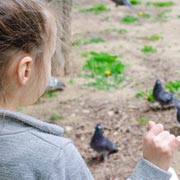 Decide on a natural spot where you’ll undertake your hour’s birdwatch. Your garden, local park or even a balcony will do fine.
Decide on a natural spot where you’ll undertake your hour’s birdwatch. Your garden, local park or even a balcony will do fine.- Taking care to stay unseen and unheard by visiting birds, keep a tally of the maximum number of birds of each species that have actually landed at any one time on your survey patch during the hour. Don’t count any that haven’t landed.
- Between the 26th of January and no later than the 18th of February 2024, you can report your findings online at www.rspb.org.uk/birdwatch
Alternatively, if you are using the physical survey form from the RSPB’s printed guide, post it to FREEPOST RSPB BIG GARDEN BIRDWATCH by the 13th of February 2024.
By contributing to this crucial conservation project, children will be doing their bit for our little feathered friends – and the planet. What’s more, it’s great fun!
Learn more about how to take part in the Big Garden Birdwatch survey here.
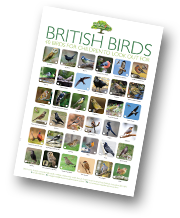 Enjoying Birdwatching?
Enjoying Birdwatching?
If you find that your children enjoy the activity, please encourage them to download our own Bird Identifier poster, which features 40 British birds that they can look out for during the year. It’s free and more information about our free bird poster is available here.
Nature & Children Go Hand-in-Hand at Little Acorns Nursery, Padiham
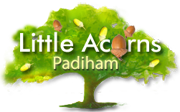 We love nature at Little Acorns Nursery in Padiham! Here, children can play outdoors in our wonderful garden, which features its own wild area, planting area and even a mud kitchen. We know how good nature and the outdoors are for children, particularly in their early years, so actively encourage them to take part and benefit from everything they offer.
We love nature at Little Acorns Nursery in Padiham! Here, children can play outdoors in our wonderful garden, which features its own wild area, planting area and even a mud kitchen. We know how good nature and the outdoors are for children, particularly in their early years, so actively encourage them to take part and benefit from everything they offer.
To enrol your baby, toddler or preschooler at Little Acorns Nursery in Padiham, please get in touch using an option below. We look forward to receiving your call, nursery application, message or tour request whenever you’re ready.
We are a high-quality nursery and preschool in Padiham, Lancashire, BB12. As such, we may also suit families who require outstanding childcare services near Hapton, Rose Grove, Burnley, Altham, Huncoat, Read, Simonstone, Sabden, Higham and Wood End. We support various free childcare schemes too, making childcare services more affordable for eligible families.
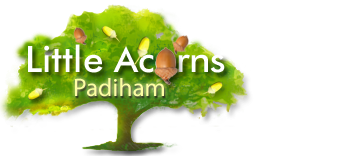
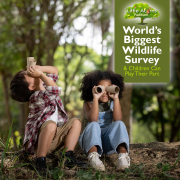
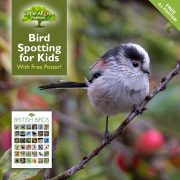
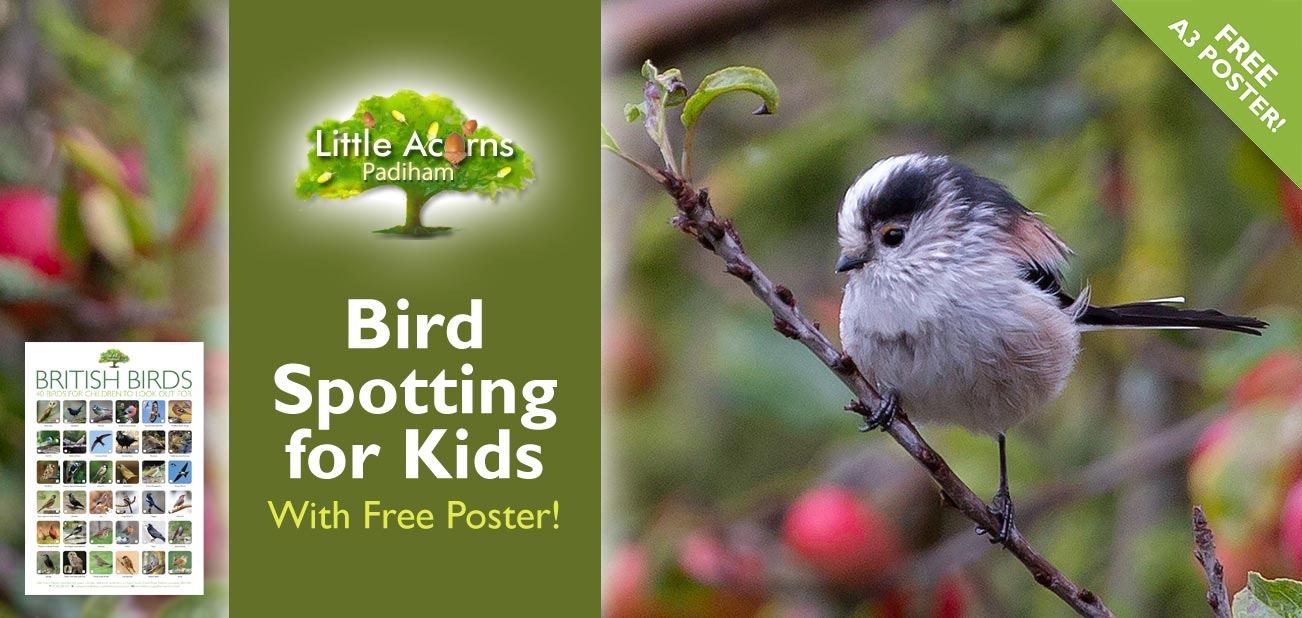
 Today’s bird spotting activity for kids continues our series of nature-themed posts that each come with a free reference poster for families to download. Featuring 40 British birds, the activity and the poster represent a great opportunity to get children of all ages outdoors, closer to nature. As many of us know,
Today’s bird spotting activity for kids continues our series of nature-themed posts that each come with a free reference poster for families to download. Featuring 40 British birds, the activity and the poster represent a great opportunity to get children of all ages outdoors, closer to nature. As many of us know, 